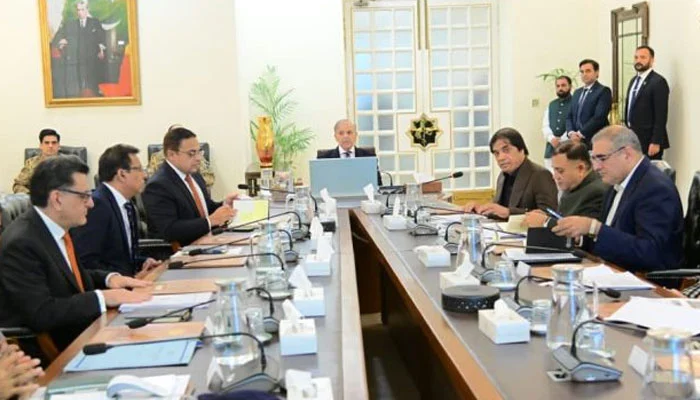PM Shehbaz Calls for Global Experts to Boost Pakistan Railways and Regional Connectivity captured major attention on Saturday as the prime minister urged Pakistan to bring in world-class legal and economic experts for all projects related to regional transport corridors and upcoming international train routes.
During a high-level meeting at the PM House, Prime Minister Shehbaz Sharif said a modern rail network forms the backbone of economic growth and communication. He stressed that Pakistan must adopt global best practices to upgrade its railway infrastructure and enhance its role in regional connectivity.
Trending keywords include Pakistan Railways, regional connectivity, ML-1 upgrade, Islamabad-Tehran-Istanbul train, and PM Shehbaz initiatives.
PM Urges Faster Reforms and Professional Oversight
The prime minister directed officials to accelerate reforms, boost operational efficiency, and ensure professional oversight over all mega projects. He said international benchmarks must guide every development plan.
He also supported adopting a public-private partnership model for managing railway land and property.
PM Shehbaz praised the progress made toward the restoration of Pakistan Railways. He appreciated Minister for Railways Hanif Abbasi and his team for advancing the revival and upgradation agenda.
Senior Officials Attend High-Level Railways Briefing
The meeting was attended by Minister for Railways Hanif Abbasi, Minister for Economic Affairs Ahad Khan Cheema, and other senior officials. The PM Office Media Wing confirmed that the officials reviewed ongoing reforms and digitalisation projects in detail.
Officials briefed the meeting on the ‘Rabta’ digital initiative. Seven portals are now operational. A total of 56 trains have shifted onto the digital system. Fifty-four railway stations have also been digitised.
Free Wi-Fi and Digital Services Expanded
Free Wi-Fi is available at Karachi, Lahore, Rawalpindi, and Faisalabad stations. Another 48 stations will get free Wi-Fi by December 31.
An online freight booking system has launched. A digital weighing bridge pilot project at Karachi City Station is active. It will expand next to Pipri, Karachi Cantt, Port Qasim, Lahore, and Rawalpindi stations.
Rawalpindi Railway Station now hosts 148 AI-powered surveillance cameras. Banks are installing ATMs across major stations.
Cleanliness services have been outsourced, and high-quality waiting areas have been established for passengers.
Food Standards and Outsourcing Boost Revenue
Food authorities from all four provinces now monitor food and beverage quality at railway stations.
Forty luggage and brake vans have been outsourced, generating an expected Rs820 million. Outsourcing of two cargo express trains is underway and is projected to add Rs6.3 billion in revenue.
Four passenger trains have already been outsourced, with tenders issued for eleven more. The next phase is expected to generate Rs8.5 billion.
Read More: IMF Demands Accurate Data Use and Wider Tax Net in Pakistan’s Budget
Work is in progress to outsource railway hospitals in Lahore, Karachi, Multan, Peshawar, Quetta, and Sukkur. Schools, colleges, rest houses, and dry ports in Lahore, Islamabad, and Azakhail are also being outsourced.
A total of 155 stations have shifted to solar energy.
Railway Companies Closed and New Projects Advancing
Three major entities — Railway Constructions Pakistan Limited, Pakistan Railway Freight Transportation Company, and Pakistan Railway Advisory & Consultancy Services — have been closed.
Work is underway on the upgradation of the Karachi–Kotri Main Line-1-K and Main Line-3 sections.
Pakistan and Sindh will jointly work on the Thar Rail Connectivity project. The Islamabad-Tehran-Istanbul train will begin operations soon.
Preliminary work has also started on the Kazakhstan–Uzbekistan–Afghanistan–Pakistan rail corridor, a major regional connectivity initiative.

